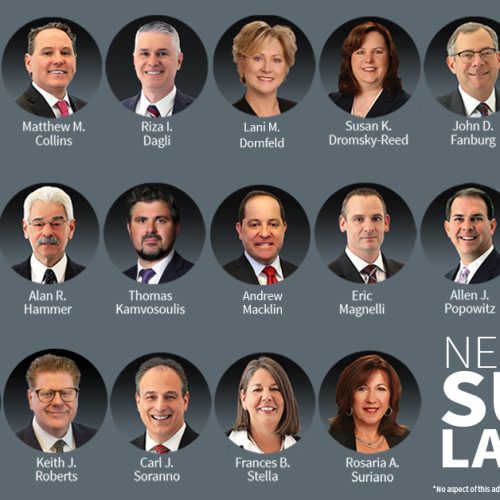Federal Court Determines NJ Zoning Law Results in Disparate Treatment of Dementia Care Facilities
As such, it violates the federal Fair Housing Act
A federal judge has invalidated the New Jersey law passed in 2015 that changed how Alzheimer’s Disease facilities are classified, granting summary judgment to a developer on grounds that the four-year-old law is discriminatory under federal housing laws. U.S. District Judge Peter Sheridan of the District of New Jersey ruled that Blake Gardens, a limited liability company based in Mahwah that builds community residences geared to those with Alzheimer’s, succeeded in demonstrating intentional disparate treatment of persons with the disease, and other forms of dementia, as it relates to housing. (Blake Gardens, LLC v. State of New Jersey, 26-7-2789 (Sheridan, USDJ).
In 2015, the Municipal Land Use Law, N.J.S.A. 40:55D-1 et seq. (“MLUL”) at N.J.S.A. 40:55D-66.2 was amended to exclude from the definition of “persons with head injuries” those persons with Alzheimer’s Disease and related disorders or other forms of dementia for purposes of being considered a “community residence for persons with head injuries.” As dementia care facilities were no longer considered community residences under the MLUL, they were no longer permitted uses in residential zones under the MLUL and required use variances. The District Court ruled that this change violated the federal Fair Housing Act (“FHA”) 42 U.S.C. Section 3604 et seq. as it treated persons with Alzheimer’s and other dementia differently from persons with other head injuries by allowing as of right community residences for the latter while requiring use variances to construct community residences for the former. Dementia care facilities are to be treated as other community residences for purposes of zoning. The Department of Health rather than the Department of Community Affairs will continue to regulate dementia care facilities per the changes brought by the 2015 law.
Brach Eichler’s land use, real estate and health care attorneys are working with dementia care facility clients from both a zoning and health care perspective as these facilities continue their important role in providing necessary care in a community setting.









